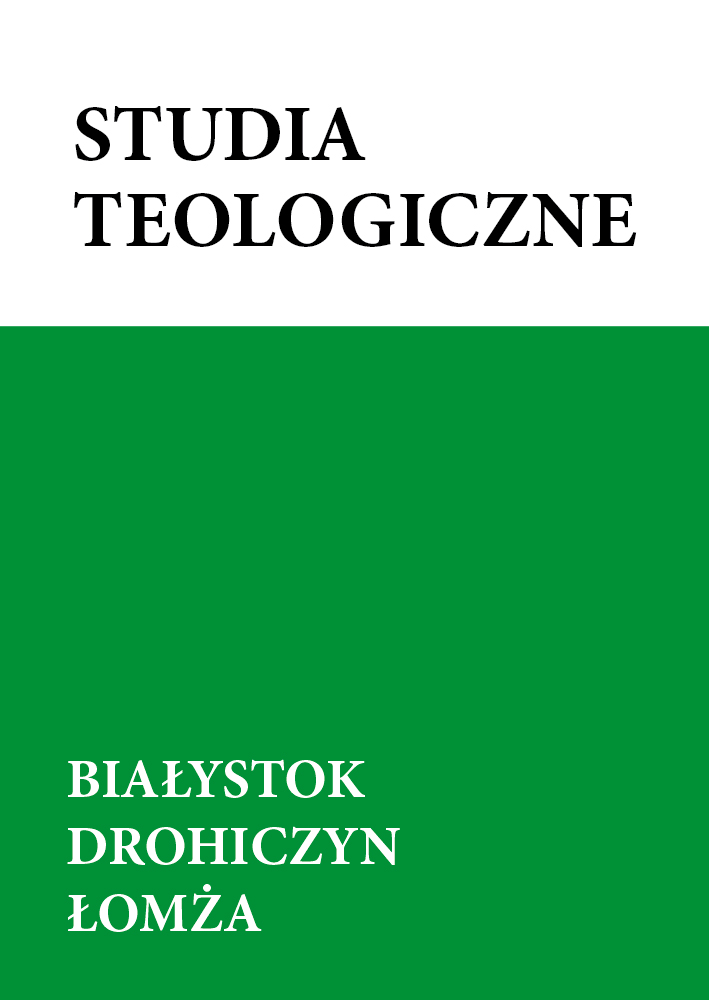Implikacje teologii Bogoczłowieczeńtwa w wymiarze egzystencjalnym oraz myśli antropologicznej i społecznej Fiodora Michajłowicza Dostojewskiego (1821-1881)
Implications of the Theology of Godmanhood on the Level of Existence and the Anthropological and Social Thought of Fiodor Mikhailovich Dostoyevsky (1821-1881)
Author(s): Joanna PakuzaSubject(s): Christian Theology and Religion, Anthropology, Russian Literature, 19th Century, Sociology of Religion
Published by: Kuria Metropolitalna Białostocka
Keywords: F.M. Dostoyevsky; Godmanhood; God-Man; theology of Godmanhood; implications;
Summary/Abstract: Nov. 11, 2012 was the 191st anniversary of Fiodor Dostoyevsky’s birth. This was a good occasion to also take a look at his interpretation of Godmanhood in three aspects: personal, social and anthropological. Dostoyevsky was interested in the idea of Godmanhood during almost the whole of his life. It had a strong influence on his personality. On the anthropological dimension of Godmanhood the writer was fascinated with subject of freedom (The Legend of the Grand Inquisitor). He interpreted freedom as a difficult “gift”, but one that makes human life truly beautiful. Dostoyevsky postulated that the idea of Godmanhood should also have an influence on social life. He wanted to show in his novels Christ as God, but also the most special of men. Only Christ’s love can – according to Dostoyevsky – save the world.
Journal: Studia Teologiczne Białystok Drohiczyn Łomża
- Issue Year: 31/2013
- Issue No: 1
- Page Range: 159-178
- Page Count: 20
- Language: Polish

